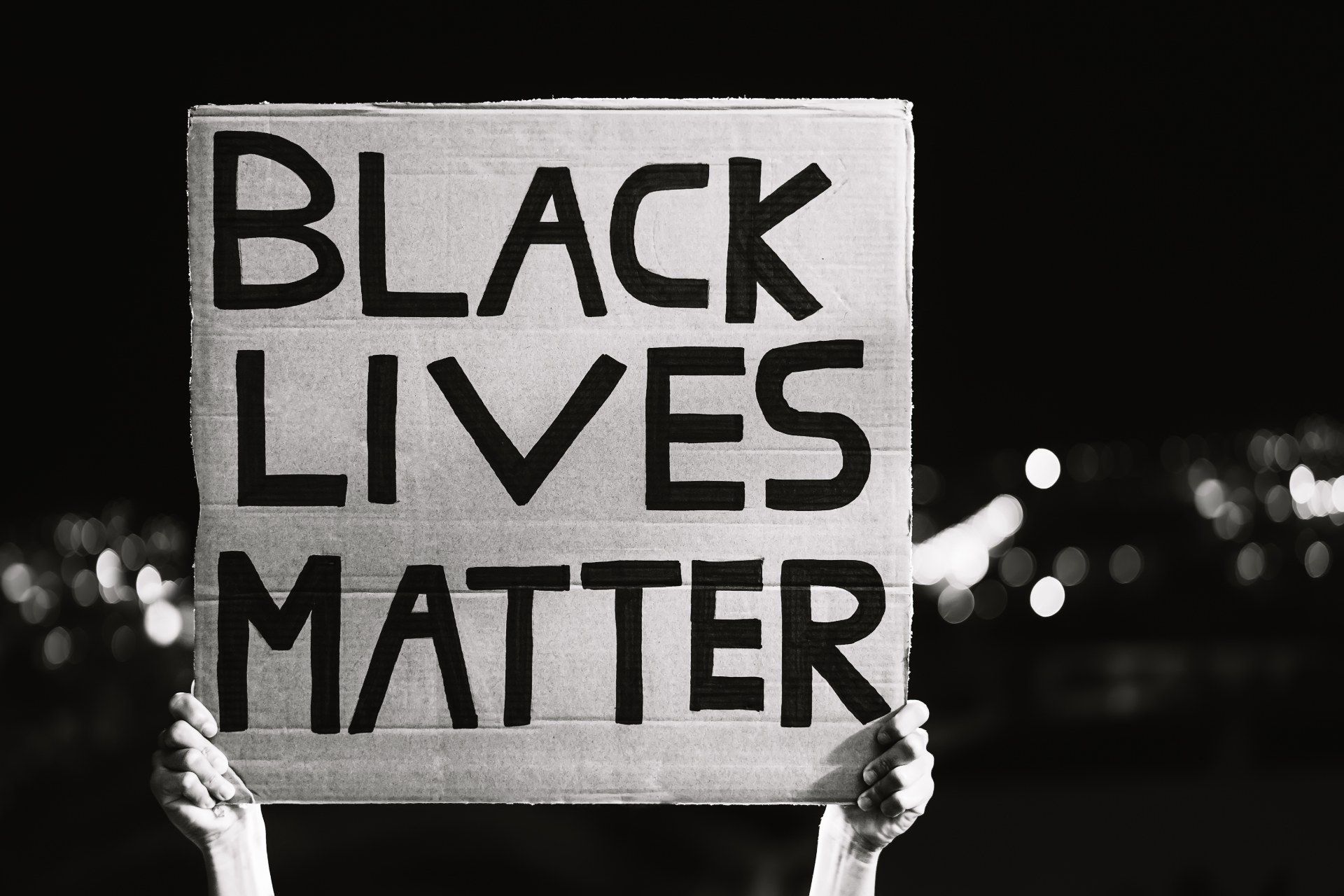Top Class Actions’s website and social media posts use affiliate links. If you make a purchase using such links, we may receive a commission, but it will not result in any additional charges to you. Please review our Affiliate Link Disclosure for more information.
The Anti-Police Terror Project, Community Ready Corps and a group of protesters have filed a class action lawsuit claiming the city of Oakland and its police force unlawfully used excessive force against those participating in a peaceful protest.
The protesters named as plaintiffs in the Oakland police brutality class action lawsuit are Akil Riley, Ian McDonnell, Nico Nada, Azize Nego and Jennifer Li.
They explain that on May 29, 2020, they and many other demonstrators began protesting police brutality, spurred specifically by the killing of George Floyd in Minneapolis, as well as the deaths of Breonna Taylor, Ahmaud Arbury and Tony McDade. The plaintiffs say the protests went on for several days.
According to the protesters, the city of Oakland’s police department used violent tactics against them, despite the fact the protesters were demonstrating peacefully.
Over the course of several days, the police department allegedly engaged in unlawful crowd-control activities, including “kettling, indiscriminately launching of tear gas and flashbangs into crowds and at individuals, and shooting projectiles at demonstrators.”
Specifically, the protesters make allegations against Oakland Police Chief Susan E. Manheimer, Sgt. Patrick Gonzales and officers Maxwell D’Orzo and Casey Fought, aiming to hold them accountable for their supposed role in the police brutality.
In their class action lawsuit, the demonstrators stress that many people at the protests, and who were affected by the police department’s unjustifiable violence, were “young Black and Brown people.”
The Oakland protests police force class action lawsuit argues that the Oakland Police Department declared the protests “unlawful assemblies” — despite knowing they were peaceful protests — in an effort to justify using violence against the demonstrators.
In addition to targeting protesters, the police allegedly also used violence against journalists reporting on the protests and against medics helping those hurt by police violence.
The demonstrators go on to say that about 5 p.m. June 1, 2020, the Alameda County Sheriff issued a curfew for the county that was to begin at 8 p.m. Allegedly, this curfew was issued while 15,000 protesters were gathered in Oakland.
According to the demonstrators, the police then used the curfew as a justification to use violence and arrest protesters.
The plaintiffs say the police department falsely claimed the demonstrators were themselves inciting violence against police officers and destroying property. The demonstrators say the police made these claims to justify their violence and discourage the public from participating in the protests.

They note the police actively prevented protesters from complying with curfew by “kettling” them — containing them to an area and preventing them from leaving, then arresting them for violating curfew.
In addition to violating the protesters’ First Amendment rights, the Oakland police brutality class action lawsuit asserts the police acted in violation of their own policy and procedures, and/or were acting in a way that was permitted because the police department failed to implement relevant procedures and policy.
ABC notes that in the Bay Area, black people are four times more likely to be arrested than white people.
In their Oakland protests class action lawsuit, the demonstrators explain the Oakland police department has a history of violence.
Allegedly, in 2003, the department was placed under the court’s supervision and was required to implement changes to police to avoid the use of excessive force.
However, according to the demonstrators, the events of late May and early June indicate the department has not succeeded in implementing such changes. Now, the demonstrators are asking the Court to further prevent the Oakland Police Department from using violence and tactics that violate the Constitution.
The Mercury News notes that in addition to the Oakland protests lawsuit, the demonstrators are continuing to demand that the Oakland City Council and the mayor hold police and leaders accountable for allegedly violating citizens’ rights and for using needless violence.
Has your city’s police department made efforts to reform policy and prevent violence? Share your experiences in the comments below.
The Anti Police-Terror Project, Community Ready Corps and the demonstrators are represented by Dan Siegel of Siegel Yee Brunner & Mehta.
The Oakland Police Department Violence Against Protesters Class Action Lawsuit is Anti Police-Terror Project, et al. v. City of Oakland, et al., Case No. 3:20-cv-03866, in the U.S. District Court for the Northern District of California.
ATTORNEY ADVERTISING
Top Class Actions is a Proud Member of the American Bar Association
LEGAL INFORMATION IS NOT LEGAL ADVICE
Top Class Actions Legal Statement
©2008 – 2024 Top Class Actions® LLC
Various Trademarks held by their respective owners
This website is not intended for viewing or usage by European Union citizens.
















2 thoughts onOakland Protesters File Excessive Force Class Action Lawsuit
I have a few serious concerns..with one on video.
They got what they deserve for breaking the law